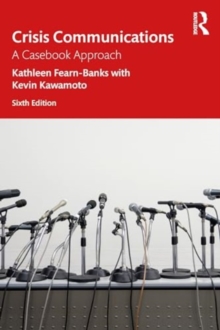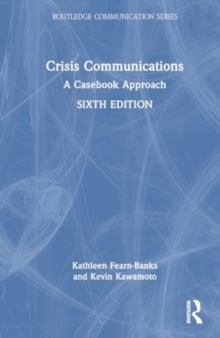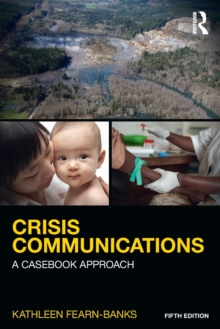
Media Sex : What Are the Issues? EPUB
by Barrie (University of Leicester, UK) Gunter
Part of the Routledge Communication Series series
EPUB
Description
This book examines the representation, impact, and issues relating to the control and regulation of sex in the media.
It covers work that has been conducted around the world on the depiction of sex in the mainstream mass media, especially the audio-visual media of film, television, and video, and the alleged effects that such content may have upon media consumers.
In addition to reviewing the research on the effects of media sex, the book also examines what is known about public opinion concerning sex in the media.
A key theme running through the book is whether the evidence about media sex can be taken at face value.
Are the methodologies used by researchers to investigate media sex problematic?
Have they yielded data that can be questioned in terms of validity and reliability?
Media Sex questions whether media sex poses a serious problem for most viewers of mainstream media.
It acknowledges that there may be serious issues relating to the causation of public offense and the cultivation of anti-women attitudes and beliefs that need to be addressed in productions where more extreme forms of sexual conduct are combined with violent and sadistic behavior.
With the unrelenting growth of media, media consumers demand and are given greater personal control over the reception of media content.
The notion of freedom of speech conflicts with the view that media content needs to be centrally regulated and controlled.
This conflict creates problems for regulatory organizations and the legislators in nation states in which freedom of the press is legally protected.
The book examines the debate surrounding this conflict.
Information
-
Download - Immediately Available
- Format:EPUB
- Pages:376 pages
- Publisher:Taylor & Francis Ltd
- Publication Date:01/12/2001
- Category:
- ISBN:9781135653255
Information
-
Download - Immediately Available
- Format:EPUB
- Pages:376 pages
- Publisher:Taylor & Francis Ltd
- Publication Date:01/12/2001
- Category:
- ISBN:9781135653255










